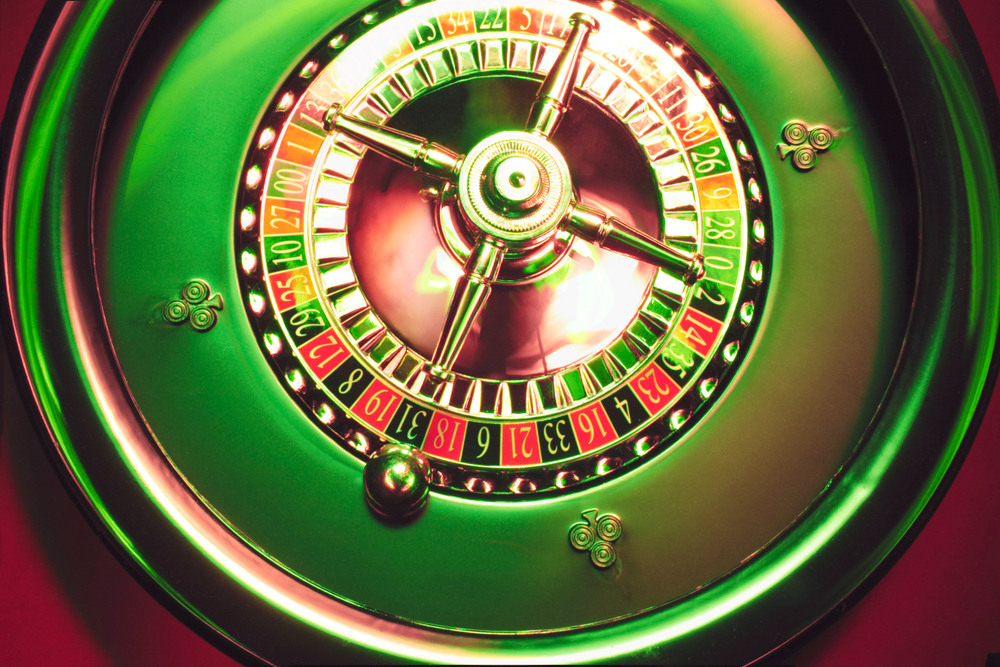

In the present situation, with the West seemingly having received a favorable flop, a mid-sized, post-flop raise could allow the West to scoop the pot.īut it is unclear whether Western leaders have what it takes to execute this daring, yet calculated play.ĭespite the ever-present risk of ruin, iterative high-stakes, non-tournament gambling sessions rarely continue until one adversary goes completely bust. After the flop, further rounds of betting and communal cards ensue. The flop both constrains and reveals the potential future strength of each player’s hand. The flop is the distinctive feature of the games of Texas Hold ‘Em and Omaha. They are to be played in combination with each player’s personal cards. The current situation-with much more information available for all to see, but various unknowns still to be revealed-corresponds to what is known in poker as the “ flop,” when three communal cards are dealt face up. Having frozen Putin by calling his aggressive bet, the West might now be able to force him to fold through calculated escalation. A miscalculation or sign of weakness from Putin could engender a palace coup or mass desertion among the armed forces. Every day, new evidence appears of Russian soldiers sabotaging their own vehicles. Russian National Guard members are refusing to fight in Ukraine. Putin remains a mostly rational actor fighting for his political life, legacy, and control over the Russian state.

Such a strategy makes sense given his current positioning. Hence, even though Russia is losing, it is unlikely that Putin will ever voluntarily de-escalate. The weaker his underlying hand, the more that Putin must continue to rely on bluffs and misdirection. By publicly claiming to refocus his campaign on the Donbass, and implicitly the land corridor connecting it to Crimea and Moldova, he may be further bluffing when it comes to his real objectives and future tactics. Bruised and bloodied, his forces in retreat, Putin is cobbling together an ad hoc response. The West’s reactive jab of sanctions and aggressive arming of the Ukrainians appear to have completely stalled-and now reversed-Russia’s advance on Kyiv, Ukraine’s capital. As boxer Mike Tyson said, “Everybody has a plan until they get punched in the face.” Yet last month, he was caught completely off guard when the West finally called his biggest raise ever. He got away with it in Georgia in 2008, Syria from 2012 onward, in annexing Crimea in 2014, and in meddling in the U.S. Unsurprisingly, his favorite tactic is unprovoked aggression-in other words, the bluff. Furthermore, Putin’s machismo leads him to underestimate his adversaries and show off for domestic and international consumption. Only by keeping your opponent(s) off balance can you provoke their misplays. Poker, like martial arts and war, favors calculated aggression. Given my experiences in the world of high-stakes gambling, I view the current confrontation between the West and Russia as a game of televised poker. Given Putin’s undeserved reputation as a master strategist and his genuine expertise in judo, some analysts have employed the metaphors of chess or martial arts. They must also discern the logic of the game that he is playing and then beat him at it. To counter this charade, his opponents should diagnose his tendencies, psychological weaknesses, and favored strategies. With his unprovoked assault on Ukraine, Russian President Vladimir Putin is playing the role of an unpredictable macho dictator.

Even when it comes to life’s most serious decisions, everyone chooses to play a role and inhabit a persona.

All the world’s a stage and all the men and women merely players.


 0 kommentar(er)
0 kommentar(er)
